
OR
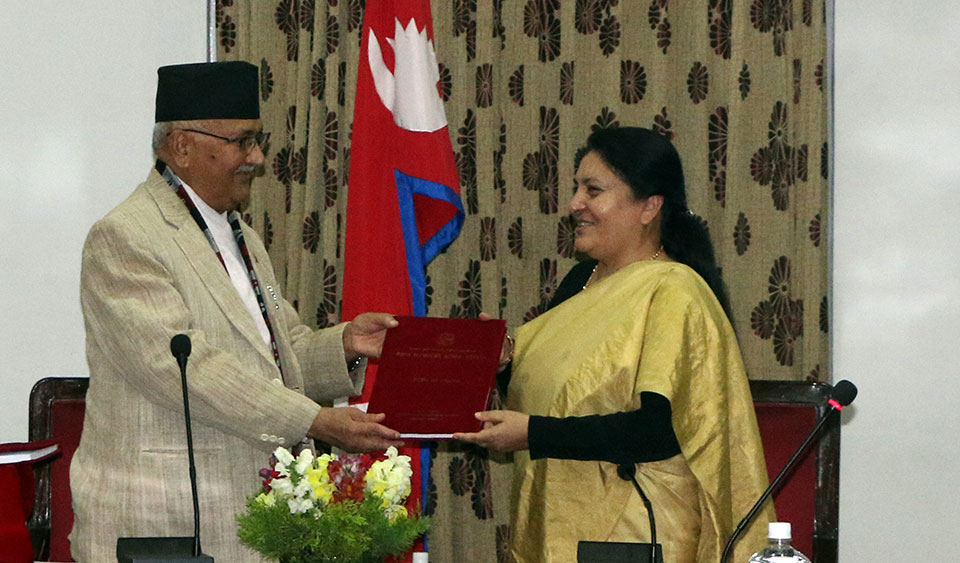
When a government elected with an overwhelming majority dissolves the House due to the failure and inability to manage intra party wrangling and discord, it could become a bane for democracy.
On recommendation of Prime Minister Oli President of Nepal dissolved the House of Representatives on December 20, 2020 and announced fresh polls for April 30 and May 10, 2021. Such a hasty political manoeuvring with a harsh step by the Prime Minister has raised several questions. Many consider House dissolution as an unconstitutional and a sinister move.
The country has once again plunged in dismay and despair with a fear of backsliding of hard earned democracy. Such a sinister trick played against the popular faith in a political system could be detrimental to the political system.
While dissolving the House, PM explained that dissenting group of the ruling party itself was vehemently obstructing the government, making it impossible to run the administration. He said that he took this move based on prevailing international practice and precedents of the previous governments of Nepal. The PM claimed that it was a prerogative right of the majority leader of the parliament to dissolve the House and seek fresh mandate.
The Prime Minister enjoys such rights in countries with parliamentary democracy in place. The 1990 constitution of Nepal had given such right to the PM.
Prime Minister Girija Prasad Koirala had also dissolved the House. Manmohan Adhikari of UML and Sher Bahadur Deuba of Nepali Congress had also exercised such rights but in vain. They could take such a move because the 1990’s constitution had categorically mentioned the dissolution of the House by a majority leader of the House was the prerogative right of the Prime Minister.
The Constitution of Nepal promulgated in 2015 does not have a clear provision for House dissolution. The constitutional provisions of Article 76 (1) and (7) and Article 85, cited in defence of House dissolution, do not explicitly speak about dissolution of the House. Article 76 (7) states, “In cases where the Prime Minister appointed under clause (5) fails to obtain a vote of confidence or the Prime Minister cannot be appointed, the President shall, on recommendation of the Prime Minister, dissolve the House of Representatives and appoint a date of election so that the election to another House of Representatives is completed within six months.”
The clause, if otherwise interpreted, explains that the House that fails to give vote of confidence to the PM or elect a new PM is subject to dissolution.
It is often argued that election strengthens democracy. But when a government elected with an overwhelming majority dissolves the House due to the failure and inability to manage intra party wrangling and discord, it could become a bane for democracy. The country could be headed toward yet another vicious cycle of uncertainty and instability.
Civil society members, political analysts and constitutional experts all agree that House dissolution is unconstitutional.
The House dissolution has also raised the question regarding whether the democracy we are following under the present constitution is a parliamentary form of democracy. Perhaps it cannot be called a pure form of parliamentary democracy.
I would like to highlight basically two infallible variables with regard to a liberal democracy in general and parliamentary form of democracy in particular.
Nepal constitutes its House of Representatives with the composition of members directly elected under the first-past-the-post system and those elected through proportional representation system, which goes against the fundamental spirit of parliamentary form. In a parliamentary system the House of Representatives should be composed of only elected members.
The preamble of the constitution has terms such as “egalitarian society founded on the proportional inclusive and participatory principles” and “socialism based on democratic norms and values including the people’s competitive multiparty democratic system of governance.”
What does it mean? Is the system we are following pure form of parliamentary form of governance? Perhaps we could call it a “proportionate inclusive participatory democracy” which has different characteristics than that of the parliamentary form of democracy.
The reasons stated in the announcement for the House dissolution as being guided by international practice of the parliamentary system of governance also sound ridiculous.
You May Like This
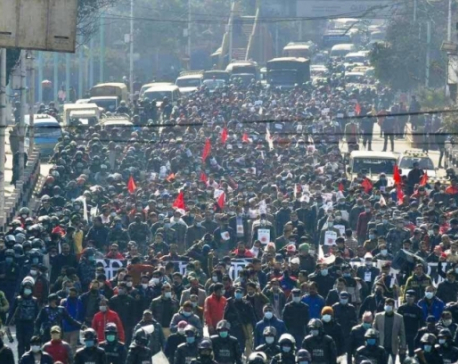
What next in Nepal?
If the Supreme Court reinstates the House, state of emergency will be declared. Oli then may join hands with pro-monarchy... Read More...
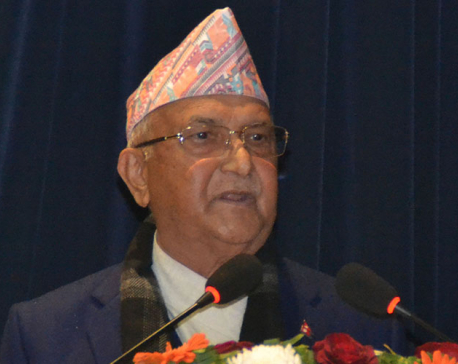
Elections will be held in free and fair manner: PM Oli
KATHMANDU, Jan 22: Prime Minister KP Sharma Oli has said that the upcoming midterm elections would be held in a... Read More...
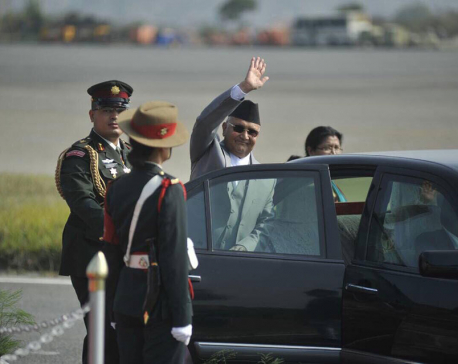
What Nepal needs is India's friendship and support for growth: Nepal PM Oli
In an exclusive interview to The Hindu, Mr. Oli says the bitterness of past relations have been put behind them,... Read More...





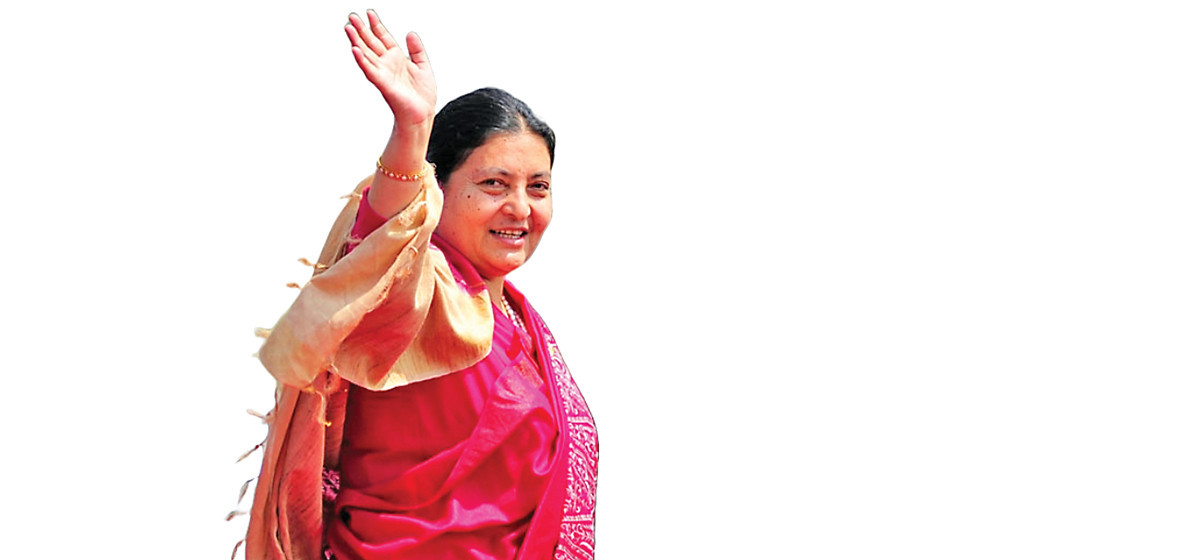

Just In
- Devotees gather at Balaju Park for traditional ritual shower at Baisdhara (Photo Feature)
- PPMO blacklists 33 construction companies
- UK Parliament approves Rwanda deportation bill, ending weeks of legislative stalemate
- SC refuses to issue interim order in petition against Sudurpaschim province govt
- Kathmandu to host UNDP Asia Pacific regional meeting
- DoHM cautions of heat wave in West Terai and Madhesh regions for next five days
- Is former President Bhandari returning to active politics or poised for a graceful exit?
- 18th Democracy Day being celebrated today





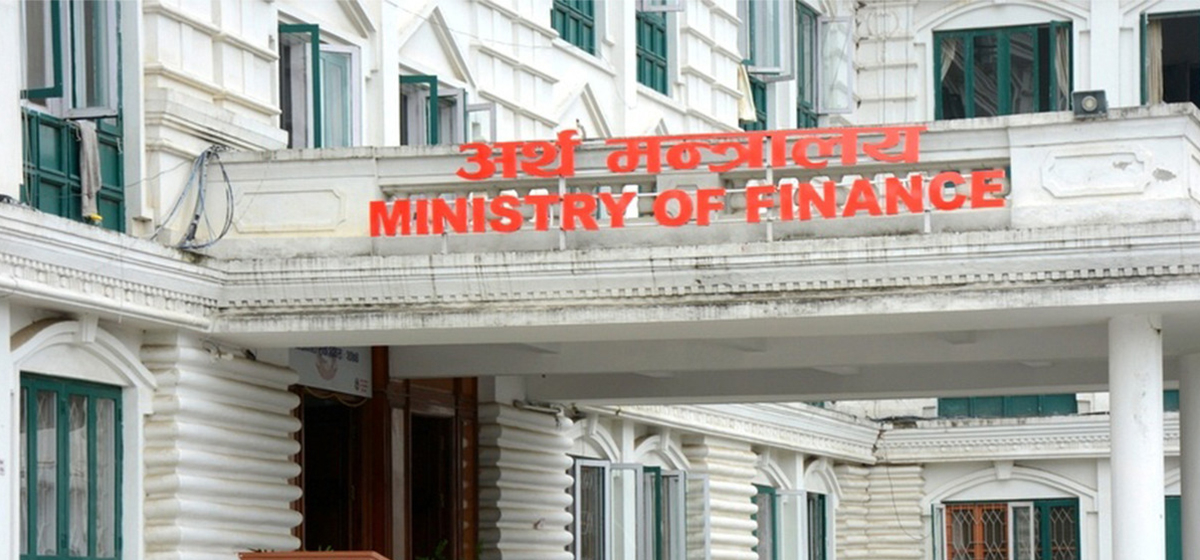
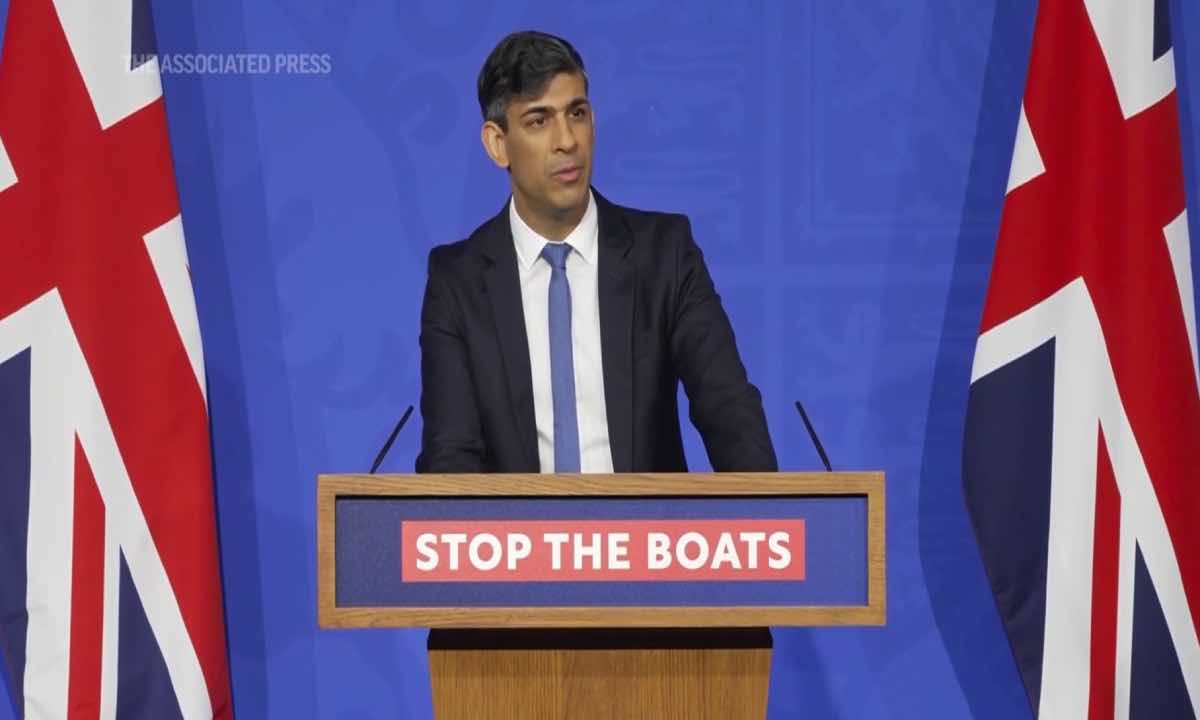




Leave A Comment